Ecoprod: Can you start off by telling us little bit about your background and how you came to be in your current role?
Andy: I was in property development in the early 90s. I had my own company doing bits and pieces. And then there was the big recession. A lot of companies went to the wall, mine included. So then I moved into computing and towards project management roles. In the early 2000s facilities management was only just becoming a thing. Before then there might have been a few FMs around but nobody really knew what they did or what it was. Because of my building background and my bit of project management knowledge, it was quite a natural fit for me so I got a job working in a heritage environment. I joined the National Trust at Lacock two months before COVID hit and I’ve been there ever since. For me, coming to the National Trust was like coming to the Premier League. Facilities management is still a relatively new thing within the Trust so there’s a lot of stuff to do whilst establishing ourselves as a department.
Ecoprod: Does the fact that the function is relatively new give you an opportunity to build a template for best practice facilities management within the National Trust?
Andy: Very much so, yes. It’s a big old beast, the National Trust and there are a lot of interesting challenges from a facilities management point of view. Facilities covers everything that is done within the buildings, on top of that there’s the additional challenge of it being a heritage organisation so you can’t just bang a nail in the wall – everything has to be done extremely carefully. There’s also the health and safety aspect of facilities management to be considered, managing visitor risk and keeping everyone safe. Then I suppose the latest addition to what we’re doing is the environmental and climate action stuff that has come into the FM world obviously, because we’re responsible for energy and building efficiency so it’s kind of a natural fit. I’m the climate action lead for my portfolio. Most of that at the minute is around energy and carbon but it does include water use as well.
Ecoprod: What does that involve?
Andy: It’s a whole range of things. Some are relatively small changes like switching to LED light bulbs, so you’re reducing your electrical consumption, or getting people to turn heaters off and close windows, which are simple measures we can take to reduce the amount of electricity, gas and fossil fuels that are being used in our properties. Because of the age of our properties things like double glazing are very rare. These buildings were never designed to be super-efficient and so if you just insulated the building straightaway to modern standards, all you would end up is with a really sweaty building doesn’t do very well. They’re not designed for it. So we have to come up with different ways of addressing these problems. We face challenges around things like ground source heat pumps and solar, because we can’t just throw solar panels on all of our roofs.
Ecoprod: What other challenges are there generally within the National Trust or within the specific properties that you work on?
Andy: Obviously we’re a heritage organisation and that brings with it some challenges, as I have already mentioned. But we’re also a visitor-based business and we rely on people to visit our sites and come and enjoy them and then hopefully join the National Trust and donate, so there’s a lot of traffic to our sites and a lot of maintenance. There’s a cost in just maintaining that many people through your site and coming up with the most innovative, efficient way of doing that.
Ecoprod: Is it a balance between the things that you would want to do on one hand and the restrictions that are specific to the kind of environment that you’re working in, on the other hand?
Andy: Very much so. It’s never straightforward! The buildings are old, there are no right angles anywhere, the facilities are old and then you’re trying to put new shiny things into that environment. And sometimes you want to show off the new shiny thing whilst other times you’re trying to hide it away.
The National Trust takes its responsibilities to the environment very seriously. We’re one of the biggest landowners in the UK and the biggest conservation charity in Europe. In some ways that makes life easier – we have a lot of land so we can plant lots of trees. The biggest challenges are around the energy efficiency of our buildings. For example I’ve looked after an 800 year old abbey – the heating system in it is probably more than 100 years old but we’re trying to put in a ground source heat pump so that we can get off gas and the two systems aren’t compatible. So that’s going to need a lot of change and intrusion into the building which requires a huge amount of planning and work to get right.
The National Trust has just introduced a whole new system which requires every project to go through a process where the entire design is considered from the point of view of the environmental impacts. This means that we look at every project in terms of energy efficiency, water efficiency, carbon impact and so on.
Ecoprod: We’ve talked a lot about energy, but is water conservation recognized as important too?
Andy: Oh yes, definitely. We keep track through metering and using different technologies such as the waterless urinals and sensor taps we have installed at Lacock, rather than just having water going down the drains 24/7.
We do have some rainwater harvesting systems in use on my portfolio and there’s a big push to save more water. For example, grey water reuse is an important consideration in any new development work.
One of the things I’m particularly interested in is direct hot water, so we’re not storing hot water unnecessarily. I’m a big fan of sensor taps and simple things like that, because they make quite a difference to consumption levels over the course of a year. And it’s a lot more controllable for me because I get all the usage data that I need to make sensible choices moving forwards.
Ecoprod: Do you get the sense that this is something that is becoming more important to visitors?
Andy: Definitely, I think it’s important to everyone. And the more we can show what we’re doing, the more interest we gather. I mean, even with things like waste recycling people are always interested to hear what we’re doing. And we also do some more eye catching stuff, For example we’ve just reintroduced beavers down in the southwest and stuff like that, and we are rewilding habitats, so there’s some big stuff going on.




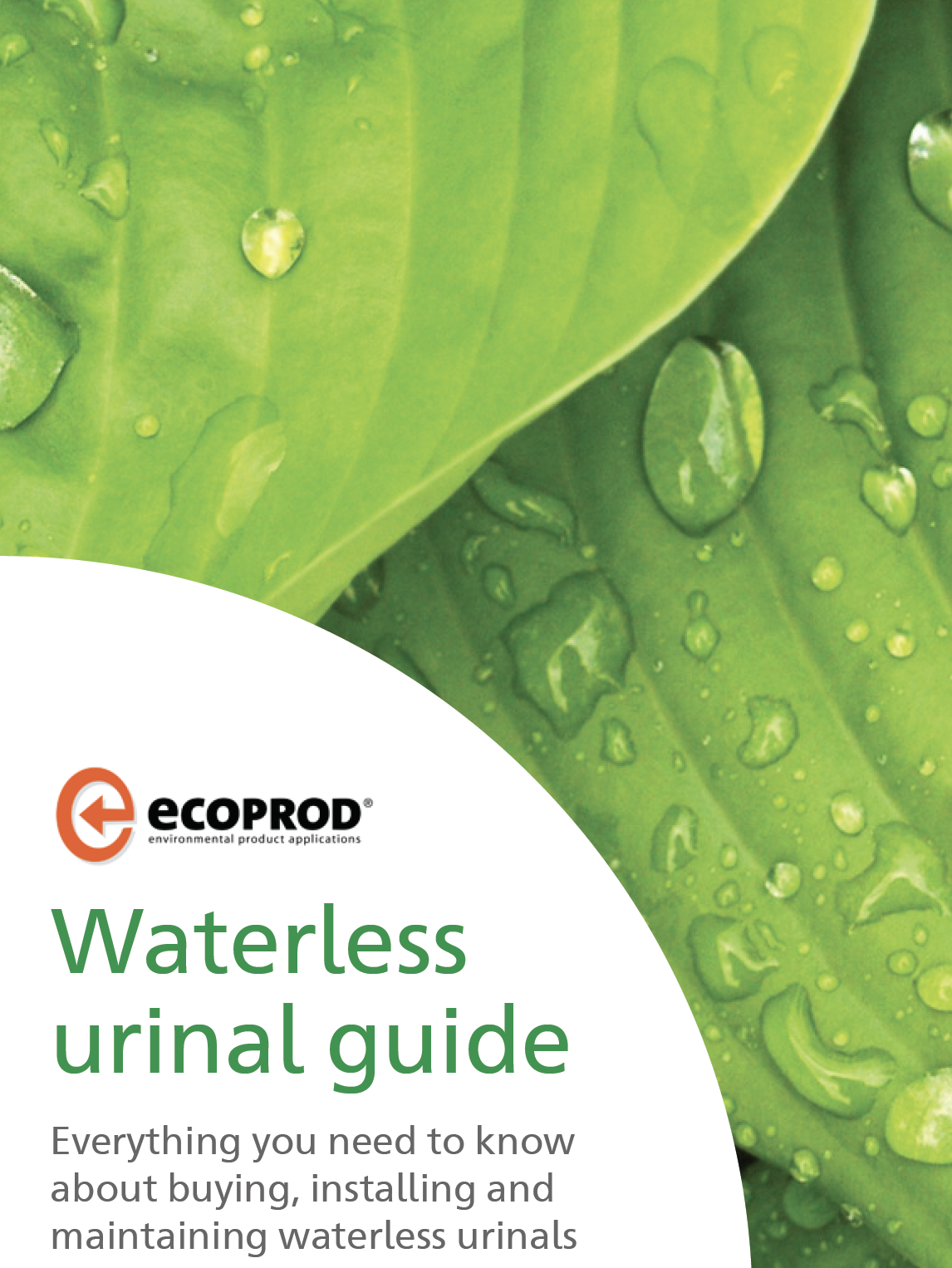
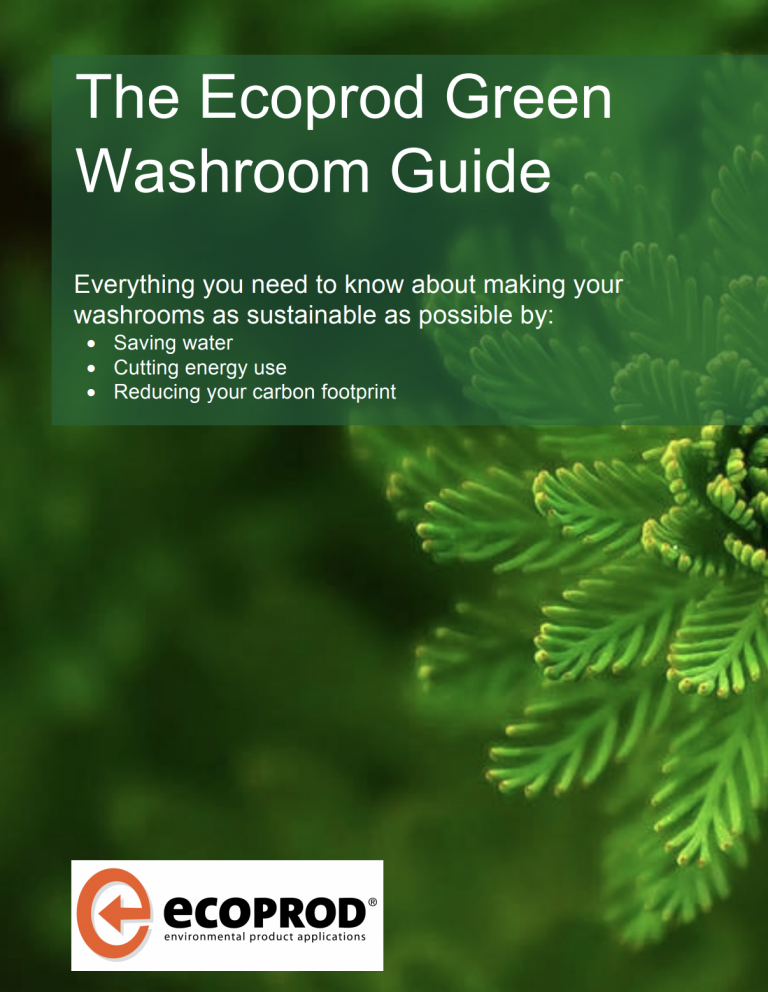

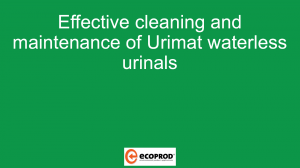


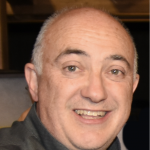


 For the last 8 years Robert Summer – Head of International Sales and Marketing – has developed structured distribution network worldwide for CONTI+ brand. The products offer great benefit for washrooms and shower rooms for public, semi-public and health sector. Today, sustainability, hygiene and smartness are key to CONTI+ solutions. Robert lives the brand and its USPs and loves to support and motivate his team on a daily basis.
For the last 8 years Robert Summer – Head of International Sales and Marketing – has developed structured distribution network worldwide for CONTI+ brand. The products offer great benefit for washrooms and shower rooms for public, semi-public and health sector. Today, sustainability, hygiene and smartness are key to CONTI+ solutions. Robert lives the brand and its USPs and loves to support and motivate his team on a daily basis.

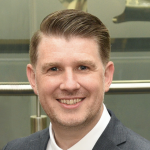


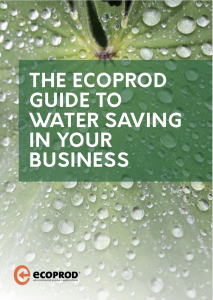
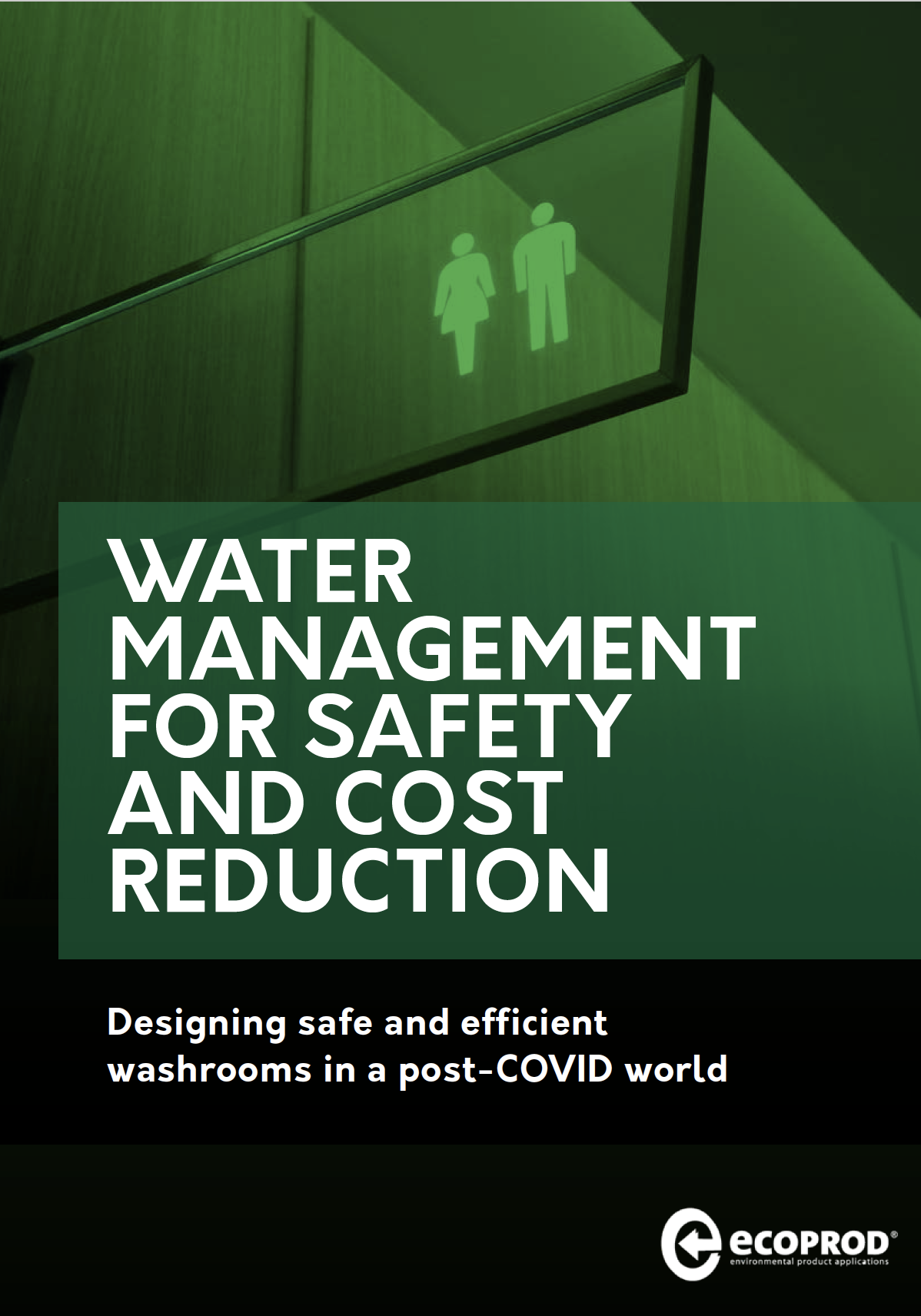

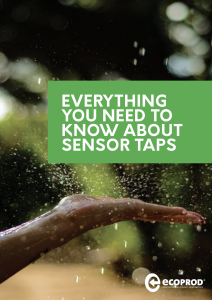
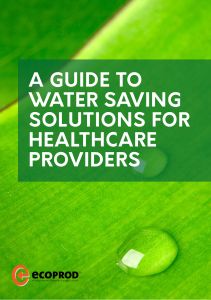
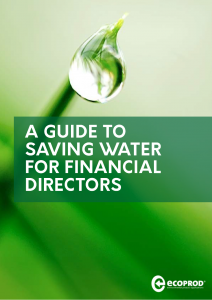
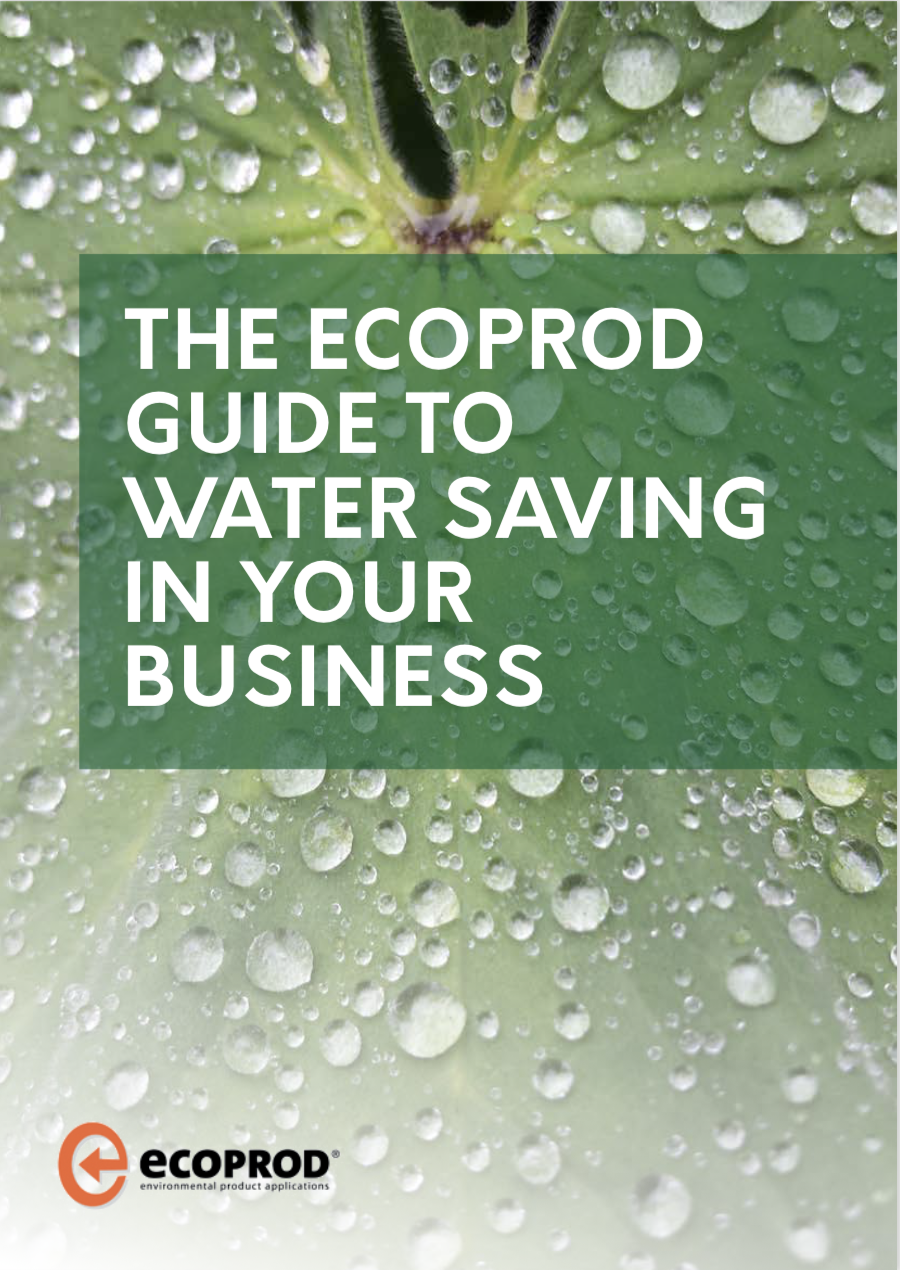
Comments are closed.